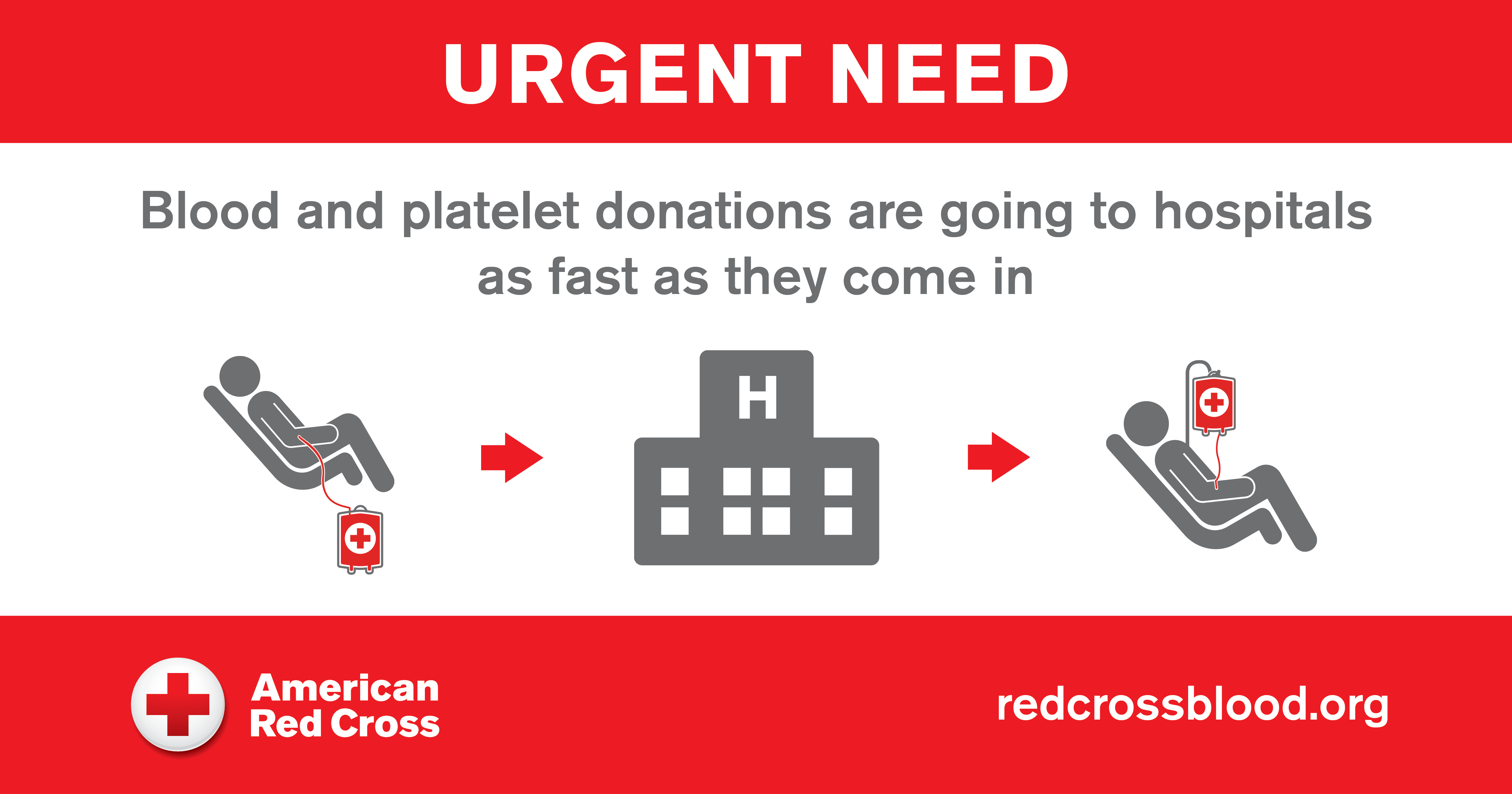Editor’s Note: Each year on June 14, the American Red Cross joins the World Health Organization (WHO) and blood collection organizations around the world to celebrate World Blood Donor Day. In its 20th year, the day provides an opportunity to thank blood donors across the world for their life-saving donations over the years and honor the profound impact on both patients and donors.
By Maureen Zug
Several weeks ago, I met Michelle Levy, whose husband Dan was diagnosed with mantle cell lymphoma, a highly unusual cancer for someone in their early 40s. Michelle is on a mission to “pay it forward” by giving blood herself and encouraging others to donate.
While many patients are not diagnosed until they are well in the advanced stages of the disease, Dan was fortunate that the same gastroenterologist who treats his celiac disease caught the cancer early. At the time of his diagnosis, his young daughters were ages 6 and 3.
Treatment during the COVID-19 pandemic
A course of cancer treatment for anyone is fraught with uncertainty and stressors on family life. Michelle characterized Dan as a “loving, nurturing, supportive, person” in his roles as father to their daughters, great husband and dedicated educator to his grades 3 and 4 special education students.
Dan was diagnosed just prior to the onset of the COVID-19 pandemic and started his treatments in January 2020. He alternated his treatment sessions between Doylestown Hospital and the Hospital of the University of Pennsylvania. Due to pandemic restrictions, Dan sadly spent many of his treatments and hospital stays alone. Michelle and the girls were limited in the interactions that they could have with the outside world due to Dan’s suppressed immune system.
Dan underwent chemotherapy and a stem cell transplant. The stem cell transplant was done using his own processed cells. However, the blood, plasma and platelet components that Dan received during his treatment came from generous blood donors who rolled up a sleeve to give at mobile blood drives and Red Cross blood donation centers. Blood components are essential to the treatment of cancer patients and are a life-giving gift!
Michelle’s hope for the future and an important message
As is the case surrounding most cancers, the first remission is the most important with swift movements of gains in cancer research and medical technology. While Dan’s cancer is currently in remission, mantel cell lymphoma is currently classified as incurable and can reoccur, requiring intensive treatment. Michelle, Dan and their daughters, now ages 10 and 7, remain hopeful that Dan will remain in good health.
Michelle encourages all those who are healthy and able to donate blood. “Even if you do not have money to donate, you can still be philanthropic by donating blood,” she said, adding that the Red Cross has great after-donation snacks! She describes her “intentional, philanthropic” motivations for donating blood to the Red Cross as “paying it forward” on behalf of her husband, who is unable to donate. As a Human Resource Manager in her workplace of more than 1,000 employees, she is spreading the word of the value of donating blood.
All Red Cross blood donors are notified of where their blood donation is sent. Michelle recently found out that her latest donation went to West Virginia, where it was most needed. She liked the human connection that this message carried with it.
In closing out our chat, I thanked Michelle for sharing her family’s Red Cross story. It certainly was inspirational! I hope that she has motivated you, too, to become a blood donor. It does not take much to be hero to a patient.
To schedule an appointment to donate, visit RedCrossBlood,org, call 1-800-REDCROSS or download our free Blood Donor App.

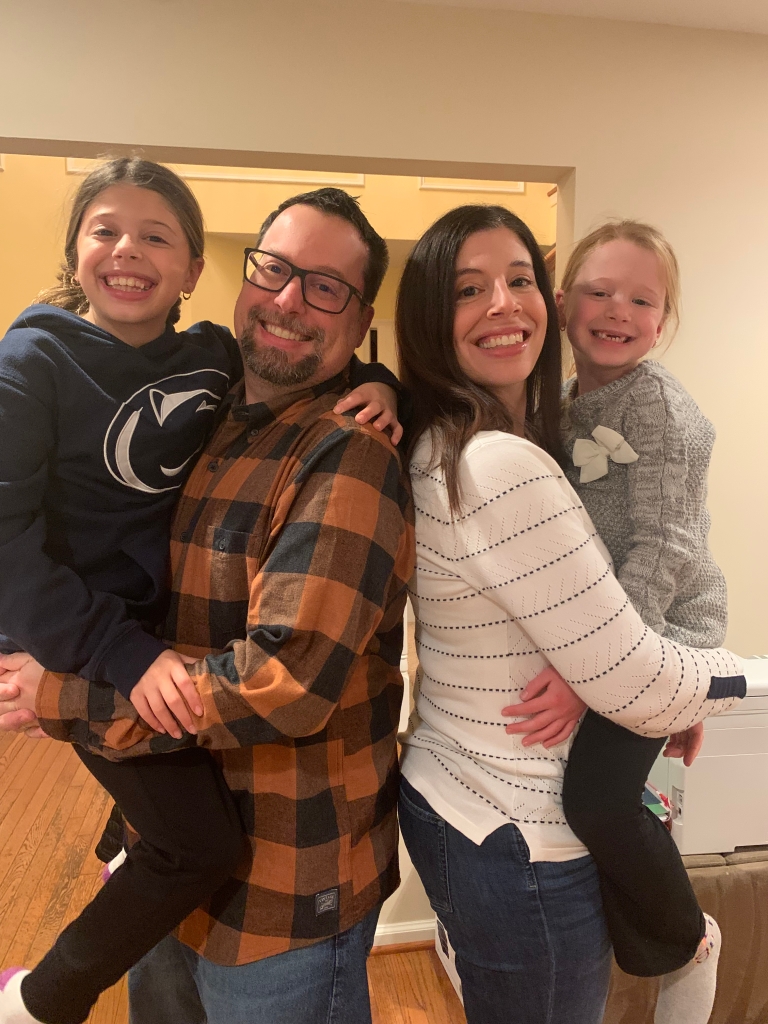
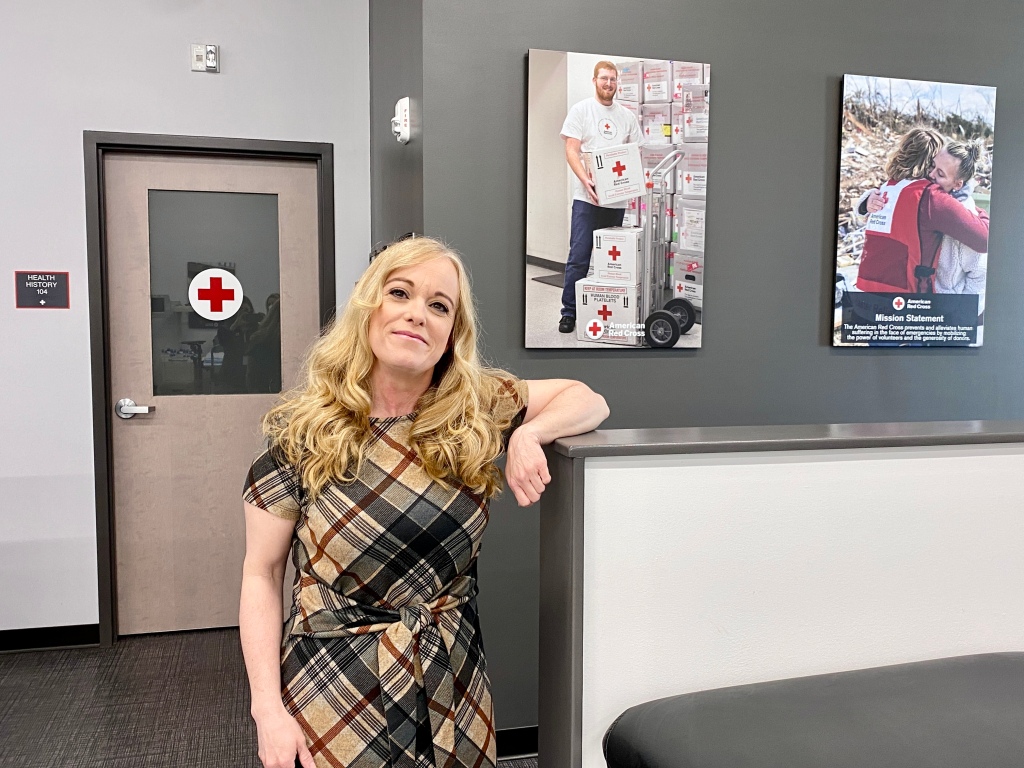
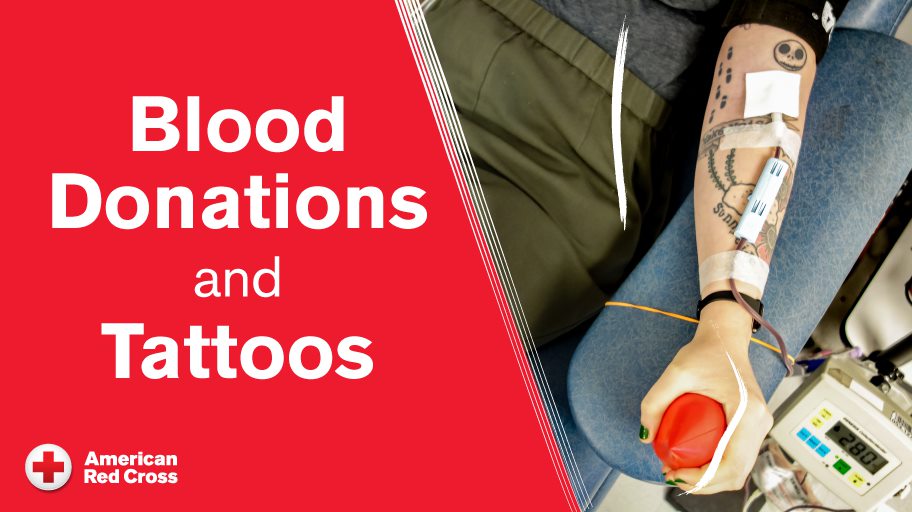
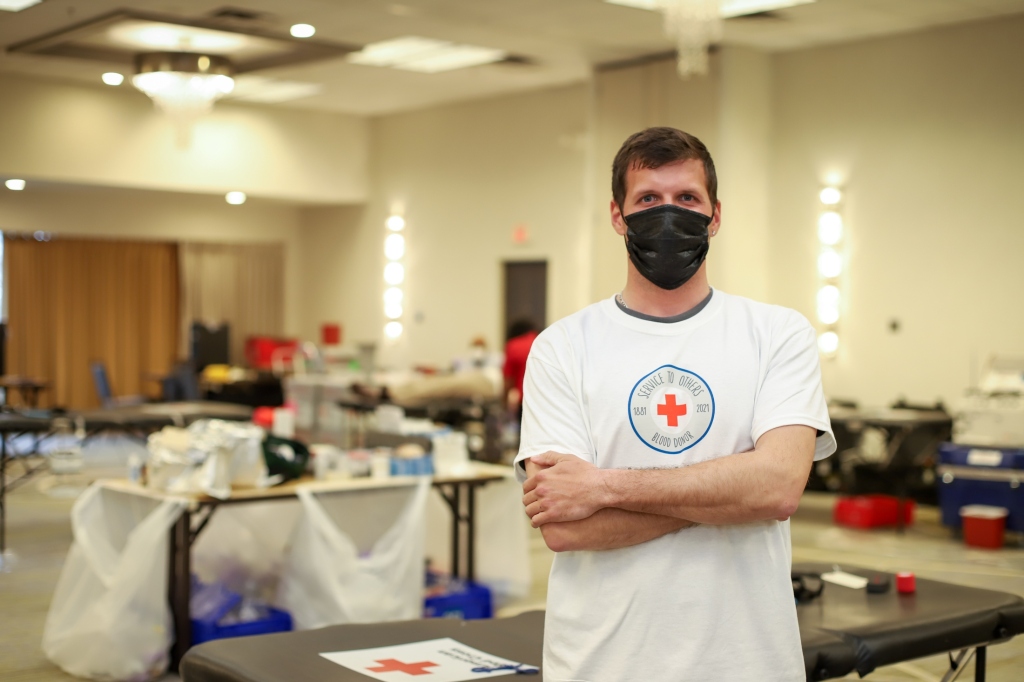
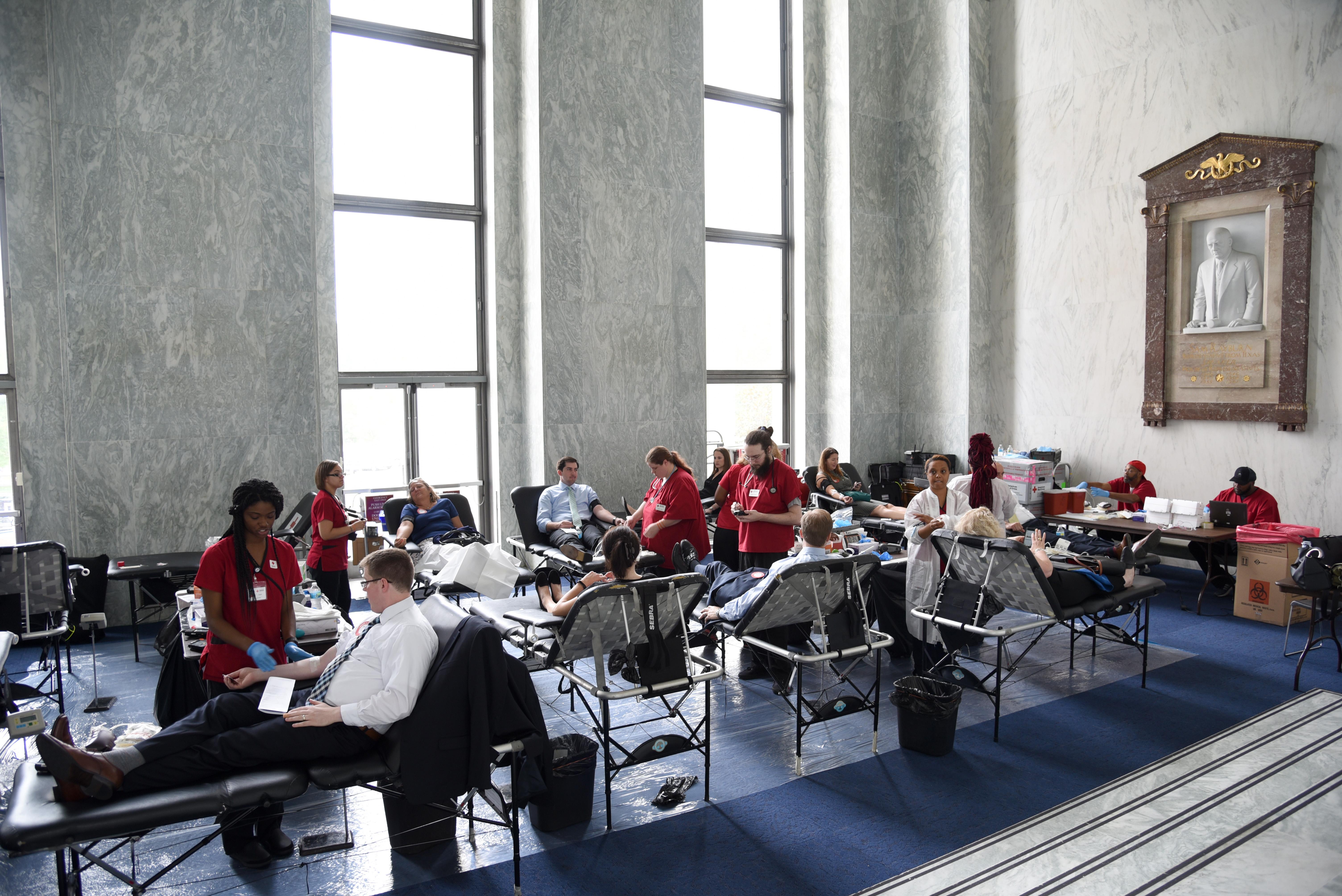
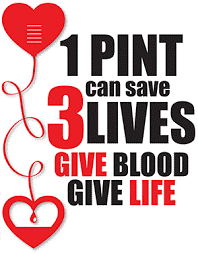 By taking 15 minutes out of your day to donate blood, you can save three lives and give patients a chance to keep fighting. You don’t need a special reason to give blood, just one that motivates you. Some donate because of friends, some do it because they believe it is the right thing to do, and there are some who do it for the free cookies. Regardless of the reason to give blood, I would like to offer advice for new-donor jitters – take pride in the good you are doing, relax with music or chat with the staff, and be prepared before you donate by eating a good meal with plenty of water. It is a rewarding experience that changes the lives of those in need.
By taking 15 minutes out of your day to donate blood, you can save three lives and give patients a chance to keep fighting. You don’t need a special reason to give blood, just one that motivates you. Some donate because of friends, some do it because they believe it is the right thing to do, and there are some who do it for the free cookies. Regardless of the reason to give blood, I would like to offer advice for new-donor jitters – take pride in the good you are doing, relax with music or chat with the staff, and be prepared before you donate by eating a good meal with plenty of water. It is a rewarding experience that changes the lives of those in need.